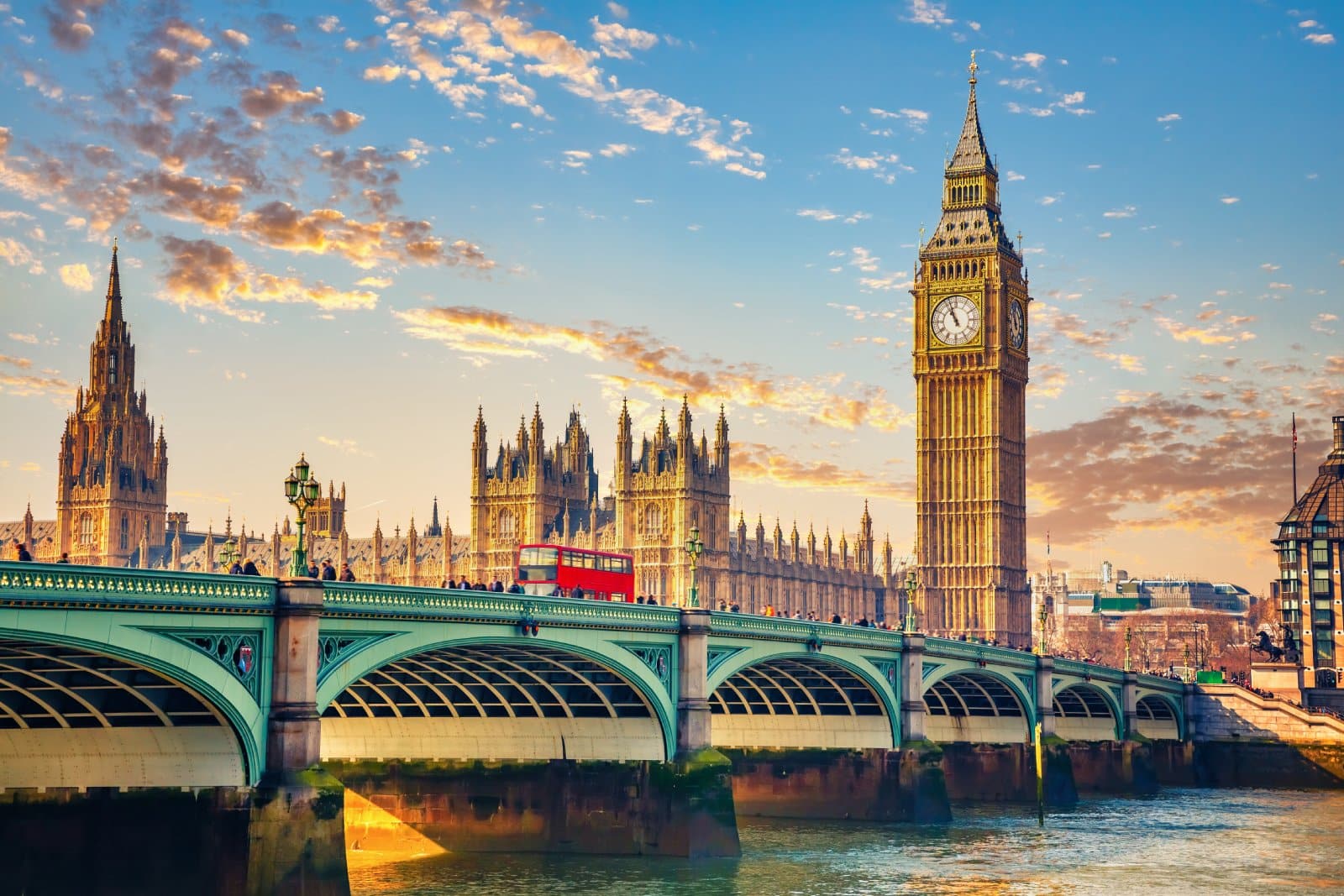You might think you’re getting the full picture from British media, but often what you’re served is a slice of the reality pie. From selective storytelling to outright omissions, here are 18 ways you’re not getting the whole story.
1. Underreporting on Poverty

Reports on poverty often lack depth and fail to fully address the systemic issues that cause it, leaving viewers with a superficial understanding of a complex problem.
2. Bias in Reporting Scottish Independence

Media coverage on Scottish independence frequently leans towards unionist perspectives, with pro-independence viewpoints less prominently featured or explored.
3. Glossing over Protests

Significant protests, especially those against government policies or corporate actions, often receive minimal coverage, reducing their perceived importance and scale.
4. Immigration Misrepresentation

Immigration issues are frequently framed in a negative light, emphasizing problems over contributions of immigrants, thus skewing public perception.
5. Distraction by Royalty

Royal family coverage can dominate news cycles, overshadowing pressing national issues that have a more direct impact on daily life in the UK.
6. Crime Reporting

There’s a tendency to over-report on crime in a way that amplifies fear, rather than providing a balanced view of national crime trends.
7. Economic Downturn Downplay

Economic issues, particularly those that reflect poorly on current government policies, are often underreported or spun with a positive angle.
8. Climate Change Coverage

While climate change is covered, the urgency and severity of the issue are sometimes diluted, and the root causes are not always addressed.
9. Corporate Influence

The influence of large corporations on media agendas leads to a lack of coverage on corporate malfeasance or the negative impacts of certain industries on society.
10. Health System Challenges

Issues within the NHS, such as funding cuts or staff shortages, are not always given continuous coverage, which could inform and rally public support for necessary changes.
11. Selective International Reporting

International news often focuses on stories that have a direct impact on Britain, while significant events in other countries, especially non-Western ones, are overlooked.
12. Simplifying Complex Issues

Complex political or technological issues are often simplified to the point of misinformation, which prevents a thorough public understanding of critical topics.
13. Overlooking Rural Issues

The challenges facing rural communities, such as access to services, connectivity, and economic development, are often absent from national discussions.
14. Misrepresenting Youth Issues

Youth issues, like unemployment, mental health, and education, are frequently portrayed with stereotypes rather than with depth and understanding.
15. Overemphasis on Terrorism

The threat of terrorism is sometimes exaggerated in a way that can stoke public fear and xenophobia, rather than promote a balanced understanding of the risks.
16. Downplaying Workers’ Rights

Labor disputes and stories about workers’ rights are often given less prominence than corporate perspectives, skewing public perception against labor interests.
17. Neglecting Cultural Stories

Cultural stories, especially those highlighting diverse communities or lesser-known artists, are underrepresented, limiting the richness of the UK’s cultural narrative.
18. Ignoring Housing Crisis Details

The full scope and details of the UK’s housing crisis, including its roots and the failure of policies to address it effectively, are not fully explored.
The Untold Truth

Remember, what you see in the media is only part of the story. To truly understand the issues shaping our world today, it’s crucial to seek out a broader range of perspectives and voices.
The post 18 Ways British Media Influences Public Perception first appeared on Lists Lovers.
Featured Image Credit: Shutterstock / wellphoto.
For transparency, this content was partly developed with AI assistance and carefully curated by an experienced editor to be informative and ensure accuracy.

